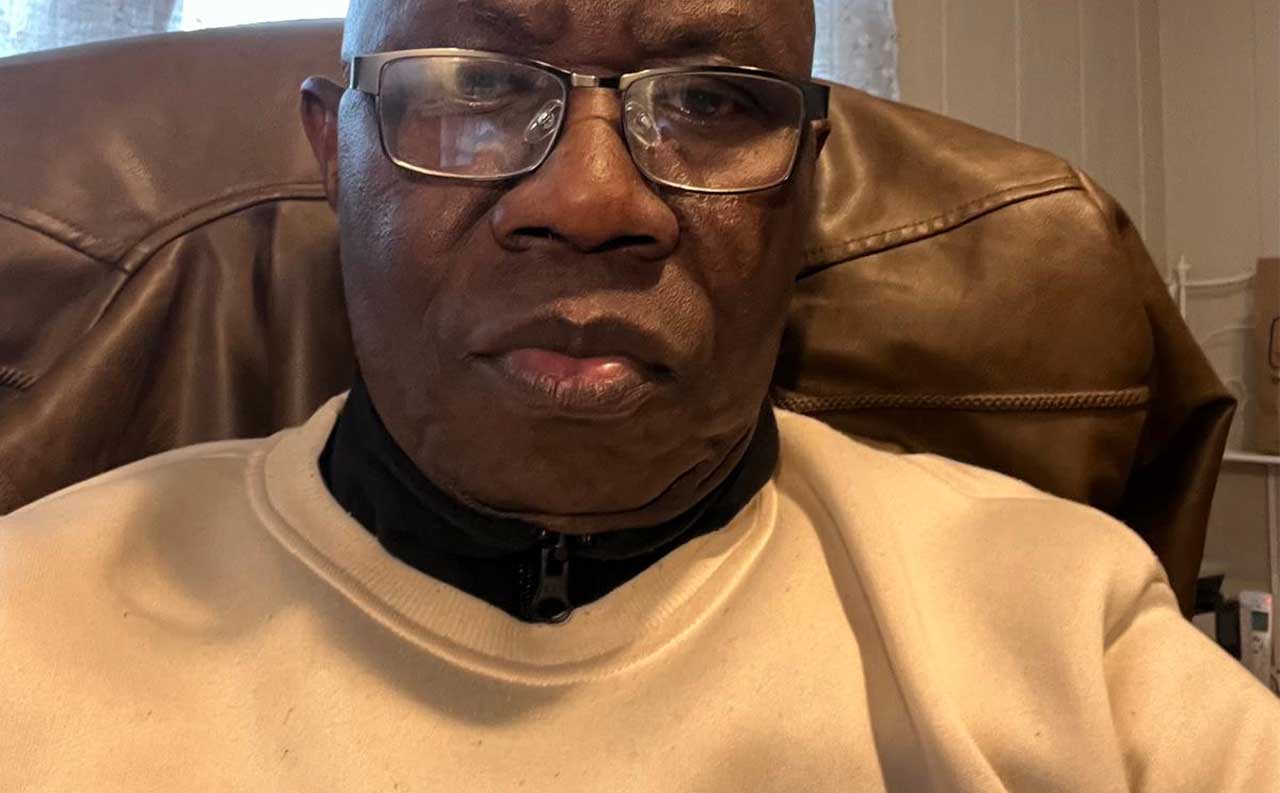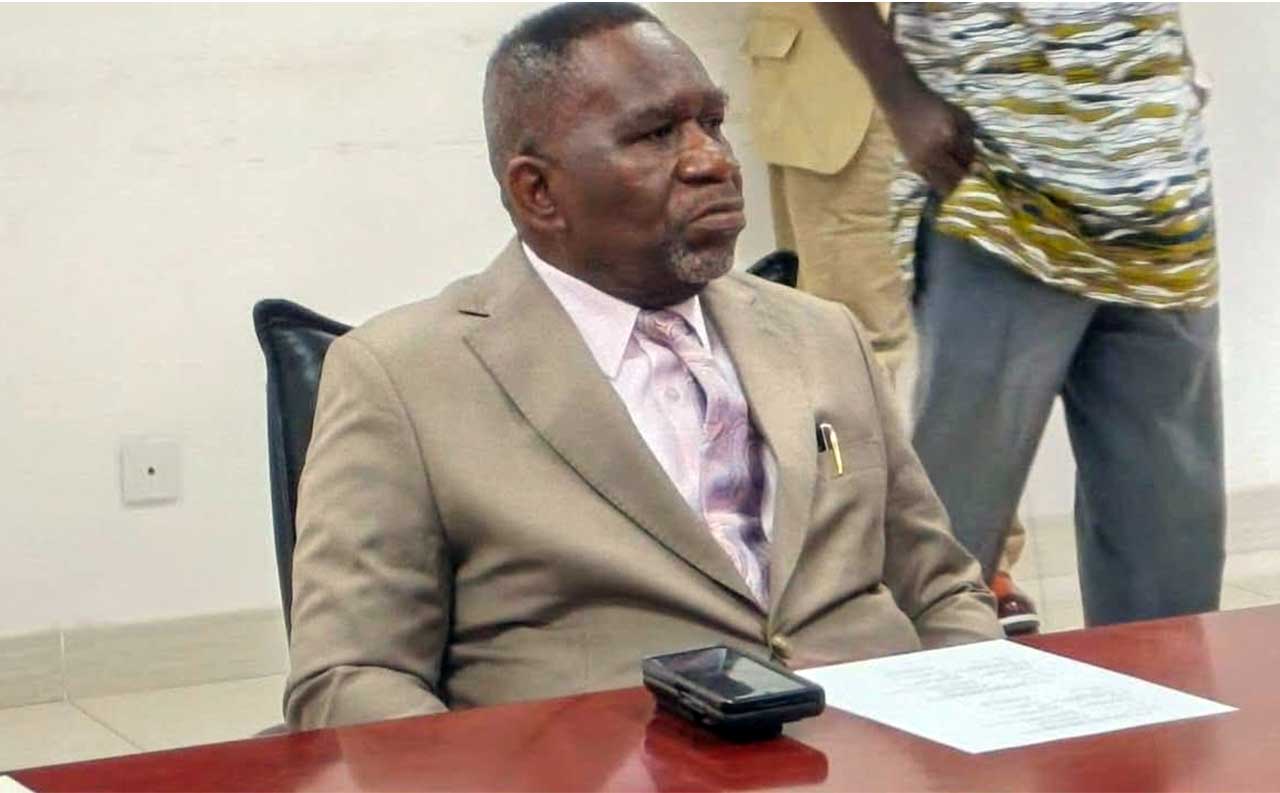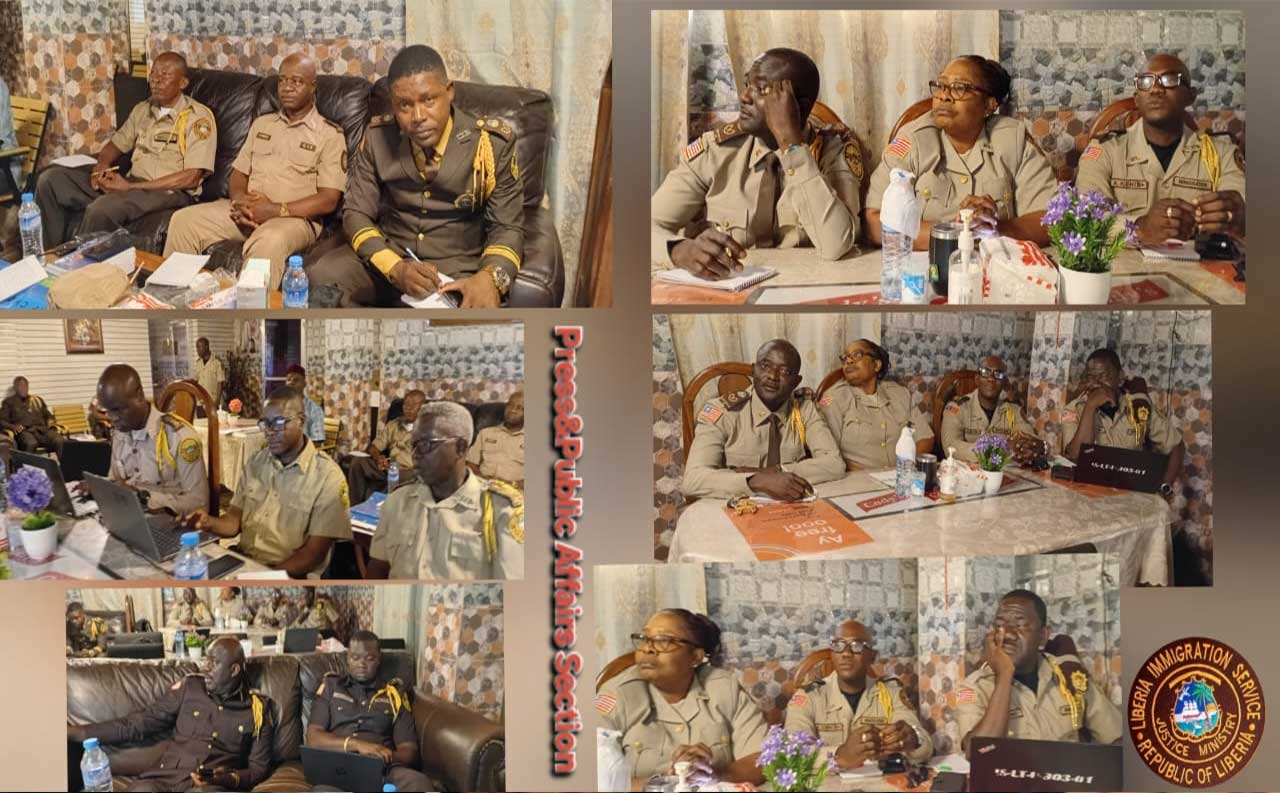A Liberian father currently residing in Philadelphia, Pennsylvania, USA is calling on the Government of Liberia(GoL)and the International Community to urgently intervene and rescue his son, Julian Jarkloh, who remains stranded and in grave danger in war-ravaged Ukraine.
Nyenetu Jarkloh, a Liberian national currently residing in the United States, is pleading for immediate diplomatic action after months of bureaucratic delays have left his son trapped in a volatile conflict zone, vulnerable to forced military conscription, racist violence, and profound psychological trauma.
Julian, 21, is a Liberian citizen and the only son of Mr Mr. Jarkloh and his late Ukrainian wife.
Following years of seeking refuge in Ukraine during Liberia’s civil war, the family became split, Mr. Jarkloh eventually resettled in the U.S., while his wife and son remained behind.
Although Mr. Jarkloh secured humanitarian parole for his wife to join him in the U.S., Ukrainian authorities denied his son’s exit on multiple occasions. This denial has proven devastating and a neglect on the part of the government which is under oath to protect its citizens.
In October 2024, the emotional toll of being separated from her son and the increasing hostilities in Ukraine culminated in tragedy. Mr. Julian’s mother suffered from extreme stress-induced insomnia, took a fatal overdose of sleeping pills, and died of a stroke after five days in a coma.
Since her passing, Julian has been completely alone in Ukraine, his situation worsening by the day. According to multiple urgent communications from Mr. Jarkloh to various Liberian diplomatic missions, Julian is now at risk of forced conscription into the Ukrainian military, has received threats from neo-Nazi groups, and is experiencing symptoms of severe depression and suicidal ideation.
“He’s told me he no longer wants to resist conscription, that he sees no point in living,” Mr Jarkloh said in a desperate message to Liberia’s Ministry of Foreign Affairs.
“My son is receiving no protection from the police. He’s been attacked repeatedly at night by skinheads, and authorities just ask him to show immigration documents.”
Despite formal outreach to the Liberian Embassies in Germany and France, and sympathetic replies from officials such as Ambassador Dr. Teeko Yorlay and Minister Counselor Francis Grant in Paris, Liberia’s Ministry of Foreign Affairs has taken no tangible action to remove Julian from the country.
The situation has drawn growing concern among Liberian diaspora members, who worry that this lack of government response may result in a preventable tragedy considering that Julian has no remaining family in Ukraine.
His Liberian passport and expired refugee certificate remain his only forms of identification, as he navigates a landscape where African nationals report frequent racist abuse and are often ignored by local authorities.
Mr. Jarkloh continues to plead with officials, including Liberia’s Assistant Minister and Chief of Staff Saran Kaba Jones and Foreign Minister Sara Beysolow Nyanti, for direct action, not more referrals or delays. “Every moment counts,” he wrote in one letter. “This is an SOS. I need help to get my son out of there before it’s too late.”
In a chilling account sent to the Embassy of Liberia in France, Mr Jarkloh described Julian’s current mental state as “overwhelmed by grief, fear, isolation, and hopelessness.” His son reportedly received a formal military summons and believes defying it could result in imprisonment or worse.
For Mr. Jarkloh, this is not just a diplomatic issue; it’s the fight for his son’s life. “I have lived through war. I know what it can do to the human spirit,” he told this publication. “I cannot sit here helplessly while my son is consumed by it. I am a father first.”
As Liberia positions itself on the international stage as a proponent of human rights and good governance, advocates say this case is a test of its diplomatic integrity and responsiveness to the plight of its citizens abroad.
With Julian’s life hanging in the balance, Mr. Jarkloh’s urgent appeal is a cry for humanity, not just from the Liberian government, but from anyone in the international community who can help prevent a young man from becoming another silent casualty of two wars, one of bullets, and the other of bureaucracy.



